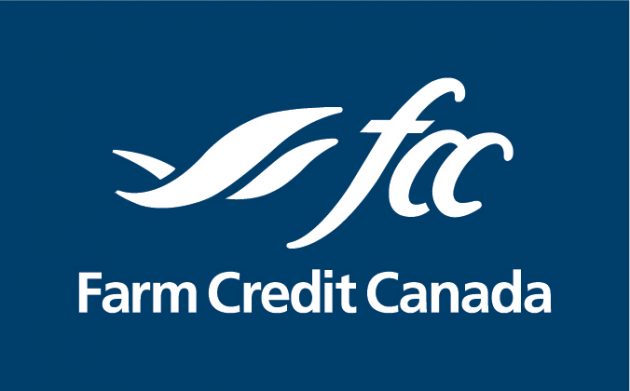
$1B lending support for farmers
While farmers are champions at adapting to shifting situations, months of nebulous messaging from the White House as to when the United States would be imposing tariffs on any number of Canadian goods has made for a particularly hazy future on the horizon, which makes planning extra challenging.
To try and help farmers meet that challenge head on, earlier this year Farm Credit Canada (FCC) launched a new Trade Disruption Customer Support Program to provide $1 billion in new lending.
According to information provided by Éva Larouche, Senior Consultant in Media Relations for FCC, the initial focus for this funding was “assisting the industry in addressing cash flow challenges so that businesses can adjust to a new operating environment.”
FCC is a commercial Crown corporation; as such, it is “a stable partner that reinvests profits back into the industry and communities it serves.”
The organization is “100% invested in Canadian agriculture and food, providing flexible financing and capital solutions, while creating value through data, knowledge, relationships, and expertise,” and it offers financial and non-financial products and services “designed to support the complex and evolving needs of the industry.”
Through the Trade Disruption Customer Support Program, FCC is providing financial relief for viable customers and non-customers who meet the necessary lending criteria.
“This includes access to an additional credit line up to $500,000 and new term loans. Current FCC customers have the option to defer principal payments for up to 12 months on existing loans,” Larouche said.
Because the situation remains in flux, “FCC continues to evaluate the economic impact of tariffs on the Canadian agriculture and food sector to ensure that FCC is best able to support the industry.”
This isn’t the first time in recent history that FCC has worked to support Canadian farmers through an unusual challenge, though as Krishen Rangasamy, FCC Manager of Economics, noted, “This trade disruption is different from what we saw during COVID.”
In 2020 and 2021, there was a global inflation spike due to supply chains being affected by pandemic-related restrictions, which hampered production worldwide, he said.
“This time the trade shock originates from the US, meaning you’re unlikely to see a shortage of goods and the related inflation spike,” Rangasamy said.
Another difference between the two situations is that “there were generous government programs and highly stimulative monetary policy by central bankers around the world during COVID that helped support demand and lift inflation worldwide. This time, monetary policy is likely to be more conservative, especially considering the 2022-23 inflation shock is still fresh in the minds of central bankers.”
That said, if the US tariffs are broadened and the trade shock is worsened, there could be greater impacts on the Canadian economy, though perhaps not as significantly as was seen during the pandemic.
Rangasamy said it’s likely Canada’s gross domestic product (GDP) growth will be trimmed, and the unemployment rate will rise; it’s also likely that Canadian inflation will rise due to retaliatory tariffs.
The Bank of Canada provides some scenarios that support these premises that can be viewed at bankofcanada.ca/publications/mpr/mpr-2025-01-29/in-focus-1.
For more information about the Trade Disruption Customer Support Program, customers and non-customers can contact their local FCC office, or call 1-800-387-3232 to discuss their individual situations and available options. More information is also available online at fcc.ca.





